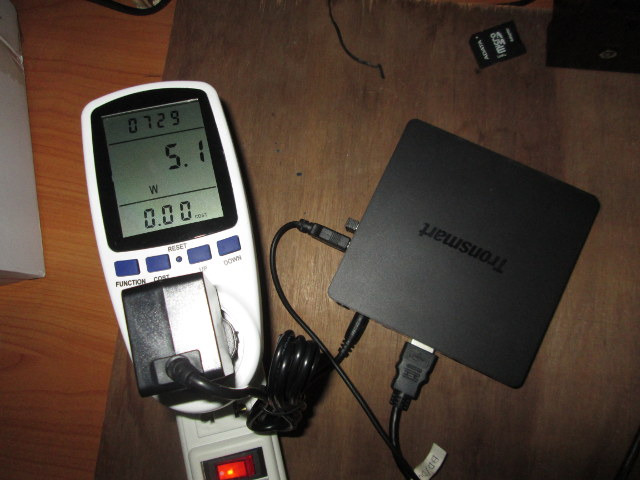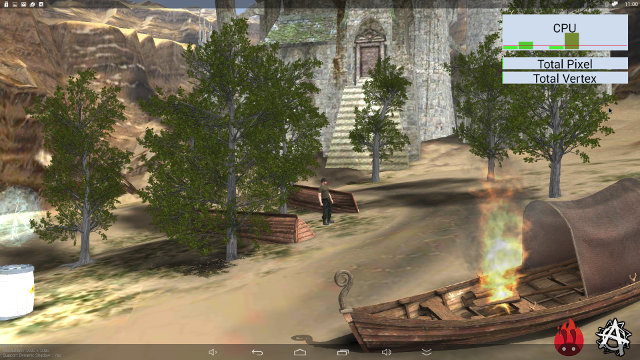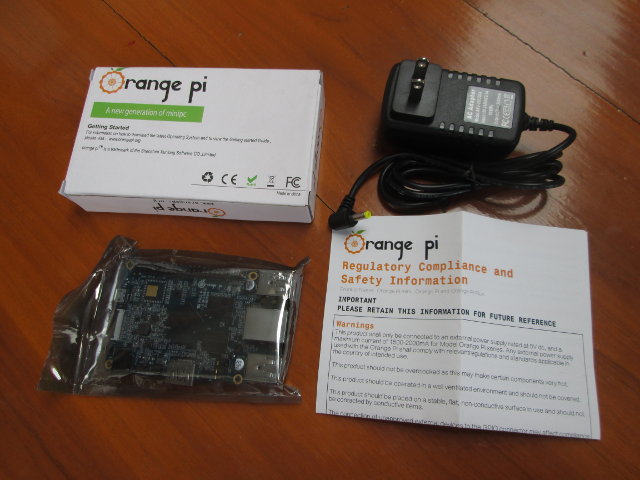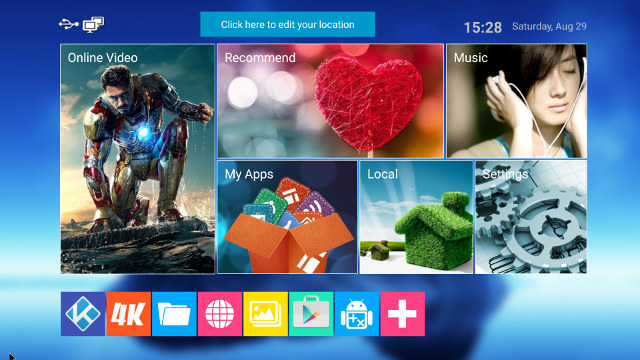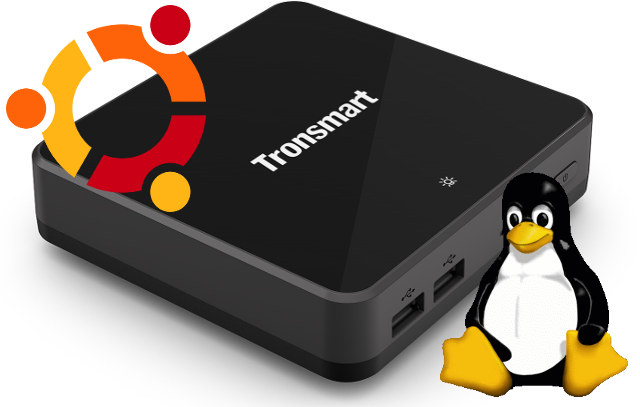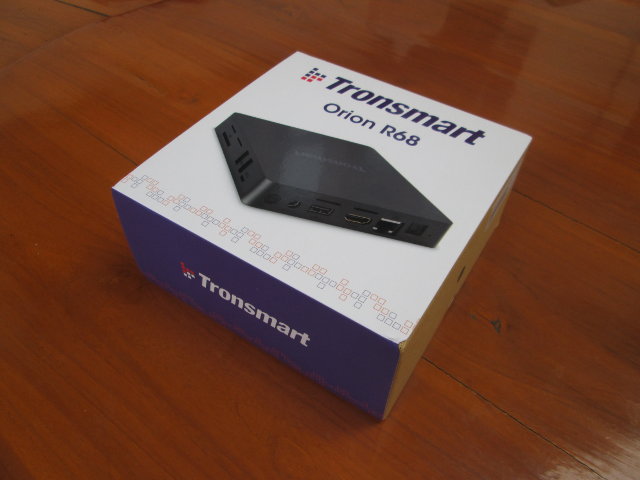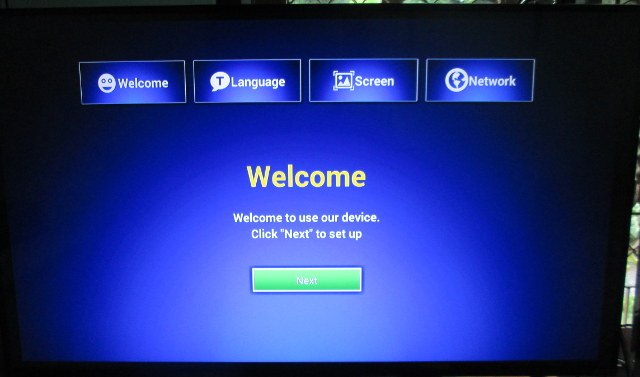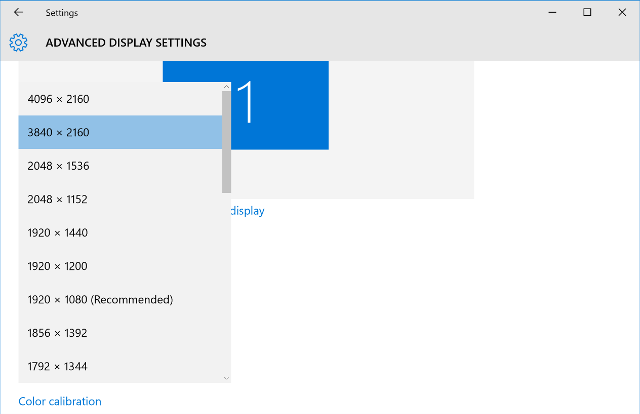I’ve previously measured power consumption of Amlogic S812 and Rockchip RK3288 based TV boxes using a multimeter. This provides relatively accurate measurements, as well as neat power consumption profiles of devices, but it’s a little complex and time-consuming, so it’s not something I would do for all devices. The easiest way to measure power consumption is to use a kill-a-watt type of device, but my first one broke after only 3 months last year. I purchased a new one recently, so I run run some power measurement tests on several devices. I selected five devices for this test: MeLE PCG01 HDMI stick with Intel Atom Z3735F processor running Windows 10 Zidoo X9 TV box with Mstar MSO9810 running Android 4.4 Open Hour Chameleon TV box with Rockchip RK3288 processor running Android 4.4 Tronsmart Orion R68 Meta TV box with Rockchip RK3368 processor running Android 5.1 Tronfy MXIV TV box with […]
Study Shows Octa Core Processors Bring Little Over Quad Core Processors in Mobile Devices
Silicon vendor are now launching 8-core and even 12-core processors for mobile devices, and I can see some advantages in terms of power consumption in processors leveraging big.LITTLE processing with low power ‘LITTLE’ cores running light tasks such as audio or video playback, while performance ‘big’ cores running much demanding tasks. However, some processors, such as RK3368, feature the same eight cores, and in real-use don’t bring that extra bit of performance or lower power consumption, except in very specific cases. So the only “advantage” of this type of processor is a marketing one, with keyword like “Octa-core”, “64-bit”, etc… Last year, I found out, that more powerful cores may be more important than many cores, when I tested Allwinner A80 processor with PVRMonitor to check CPU usage per core in real-time, and in Antutu, while Browsing the web or playing games, only a few cores were used most of […]
Getting Started with Orange Pi PC, Pi 2 and Pi Plus Development Boards
I’ve recently received a kit based on Orange Pi mini 2 development board powered by Allwinner H3 quad core processor, but contrary to most other devices or boards I reviewed, this one what sent to me by one of my reader (thanks Jon!) as for various reasons he did not need to get it shipped to him. Today, I’ll start by showing off the kit I received, before writing a quick start guide showing how to install a Debian, and build your own Linux image. The instructions will work for all Orange Pi Allwinner H3 boards, including Orange Pi 2, Orange Pi Plus, and the recently launched Orange Pi PC, which has been rather popular thanks to its low $15 price tag. Orange Pi mini 2 Board Kit and CSI Camera This is what I got in the package… The board with a regulatory compliance and safety information sheet, as […]
Tronfy MXIV Telos TV Box Review with Android 5.1
Tronfy MXIV Telos is a TV box powered by Amlogic S812 processor running Android 5.1 Lollipop and costing just above $90 (with coupon), so it will be interesting to find out how it performs compared to Mygica ATV1900AC also based on Amlogic S812 SoC, and Android Lollipop firmware (version 5.0.2), which I reviewed recently, and sells for $169. I’ve already checked the hardware in Tronfy MX4 Telos Unboxing and Teardown, so today I’ll check how the device actually performs. First Boot, Settings and First Impressions I started by connecting peripherals: A USB hard drive to one of the USB port, and a USB hub to the other USB port with a webcam, and two RF dongles for an air mouse and a wireless gamepad, as well as HDMI and Ethernet cables, and the power supply. I then had to press the power button on the unit to start it up, […]
Ubuntu 14.04 / 15.04 Tested in Tronsmart Ara X5 Cherry Trail Mini PC
After reviewing Tronsmart Ara X5 with Windows 10, I decided to give a try at Ubuntu. Initially I downloaded Ubuntu 15.04 Desktop 64-bit ISO image, and prepare a bootable USB drive with UNetbootin in my computer running Ubuntu 14.04. But after inserting the USB flash drive into Ara X5, and pressing F7, there was no options to select the drive, so I went to UEFI settings, and the drive was clearly detected, but not available as a bootable device. Finally, having heard one company booted Ubuntu on MeegoPad T04 using Rufus, and Tronsmart confirming Ubuntu 14.04 could boot on Ara X5 using Pendrive Linux USB installer, I decided to try again with Windows tools, and prepared an Ubuntu 15.04 image with Rufus. Great! Pressing F7 would show the USB flash drive, and I could boot Ubuntu 15.04. But unfortunately audio output is not working (only Dummy output), nor is WiFi […]
Tronsmart Orion R68 Meta mini PC Unboxing and Teardown
I’ve already reviewed one Rockchip RK3368 mini PC with Beelink i68, and found out that although HDMI 2.0 up to 2160p60 was working, there was still some work to do to have 4K 60 fps videos playing smoothly, and compared to Rockchip RK3288 device performance was – as expected – significantly lower. But I now have a new RK3368 device to play with as GeekBuying has now sent me their Tronsmart Orion R68 Meta with higher specifications including Gigabit Ethernet support, 802.11ac support, and 16GB storage (vs just 8GB for Beelink i68 sample I received previously). Tronsmart Orion R68 Meta Unboxing GeekBuying sent me the package via DHL, which seems the preferred courier of many resellers who provide samples. Tronsmart Orion R68 is in a retail package with complete specifications at the back. There are two models for Orion R68: Meta (2GB RAM, 16GB eMMC, GbE, and AP6335 wileress module) […]
Review of Mygica ATV586 Android Set-Top Box with DVB-T2 Tuner
I’ve already tested some Android TV boxes with tuners such as HD18T (DVB-T2) and WeTek Play (DVB-S2) , but they were all based on Amlogic AML8726-MX dual core processor. Geniatech recently sent me Mygica ATV586 quad core Android DVB-T2 receiver based on Amlogic S805 processor. I’ve already taken a few pictures, and look at the hardware components, so today, I’ll write the review, mainly focusing on the live TV program capabilities including PVR and Timeshifting. First Boot, Settings and First Impressions I’ve connected a hard drive, a webcam, MeLE F10 Deluxe RF dongle, and a keyboard (for screenshots) to the device’s USB ports, as well as HDMI and Ethernet cables, and a TV antenna cable, before connecting the 5V power adapter to start the device. When everything is connected, the boot takes about 1 minute 35 seconds, but without USB devices, it drops down to 44 seconds. Boot time is […]
Review of Tronsmart Ara X5 Windows 10 mini PC with Intel Atom X5 Processor
Tronsmart Ara X5 is one of the first mini PC featuring a Cherry Trail processor, more exactly Atom x5-Z8300 quad core processor manufactured with 14nm process. Price and max TDP are similar to Atom Z3735F Bay Trail-T processor found in many mini PCs designed in China, so it will interesting to compare the two platforms. Yesterday, I took some photos of the device, and found out the design was comprised of a baseboard and system-on-module, but today, I’ll focus on testing the device in Windows 10, checking everything works as it should, as well as running some benchmarks, verifying the Windows license status, test H.265 video playback in Kodi, and more. Tronsmart Ara X5 Setup I had not much to do the first time I booted the device, as it was already configured to use English, and the system logged in with user “User” without password. I still double checked […]


